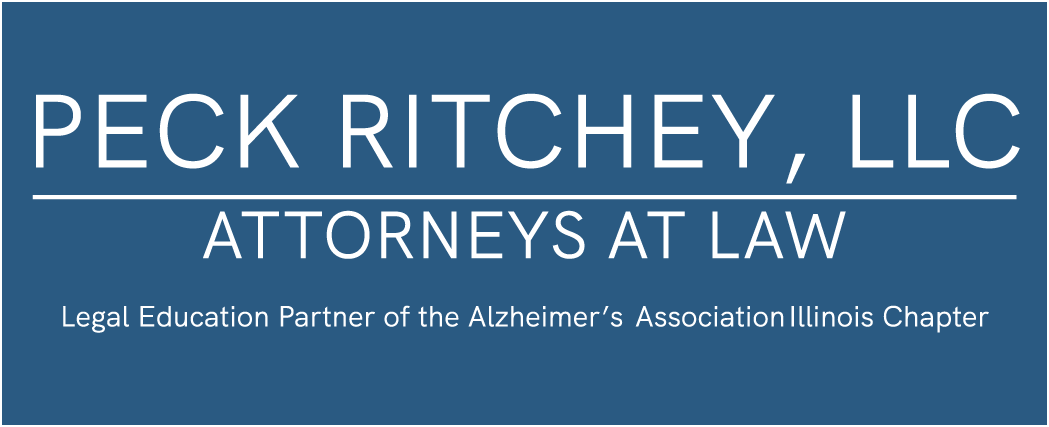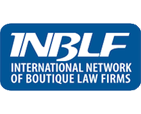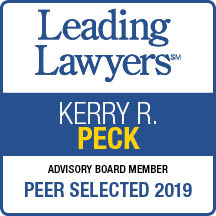Hoarders fail to recognize the dangers of their behavior. As the severity of the  hoarding increases, others may have to step in and intervene.
hoarding increases, others may have to step in and intervene.
How hoarding leads to self neglect:
- Food preparation becomes difficult when appliances and kitchen are inaccessible or inoperable.
- Extreme clutter is a safety hazard.
- Debris in the bathroom may prevent proper hygiene.
- Large quantities of “stuff” may make it difficult to find and properly dispense medications.
Hoarding is often coupled with isolation; therefore the older adult has few people checking in on their safety, they are not going to the doctor, etc.
Several legal issues can arise from hoarding:
- Landlord may petition the court to evict a tenant when unsanitary conditions violate a lease;
- Animal welfare may petition the court to remove abused or neglected animals and potentially press charges;
- Public health department may appear before court to demand an order to bring property to code or to condemn the property.
The legal system can play a key role with appropriate intervention.
Judges recognize hoarding as a social and personal problem. Attorneys work together with social service providers to implement and support the necessary changes. They create an explicit plan that clarifies what changes in the home must occur and establish a mandated timeline to complete those changes.
Consider guardianship.
Peck Ritchey concentrates in all aspects of probate, estate planning, guardianship, tax law, elder abuse and elder law. Our attorneys provide innovative approaches and successful solutions to meet your needs and have extensive experience with hoarding cases.
To speak with an attorney about a hoarding-related issue call Peck Ritchey at (312) 201-0900 and receive a 30-minute no-cost consultation.














